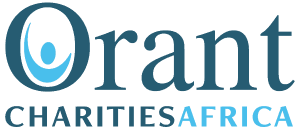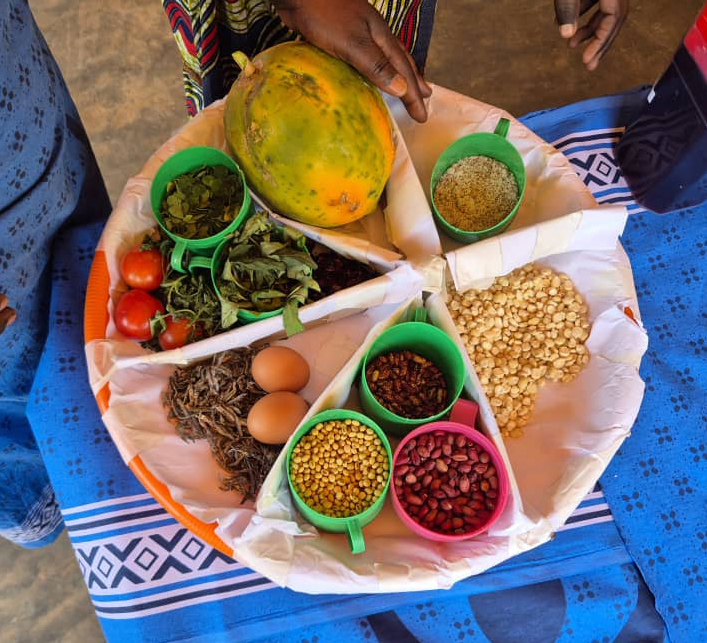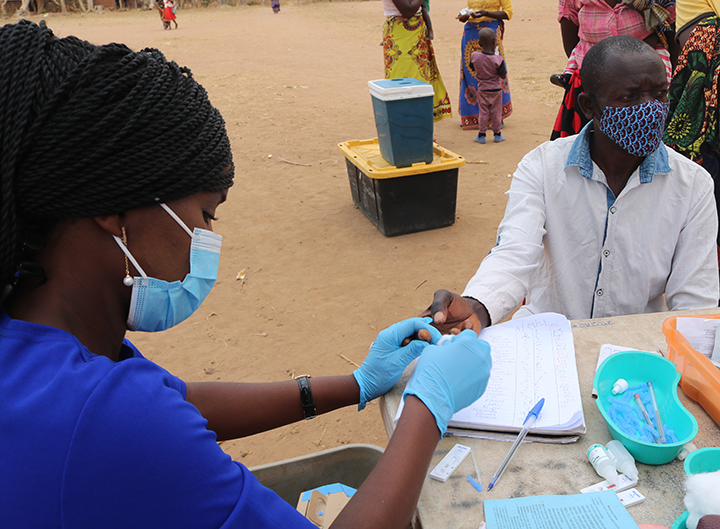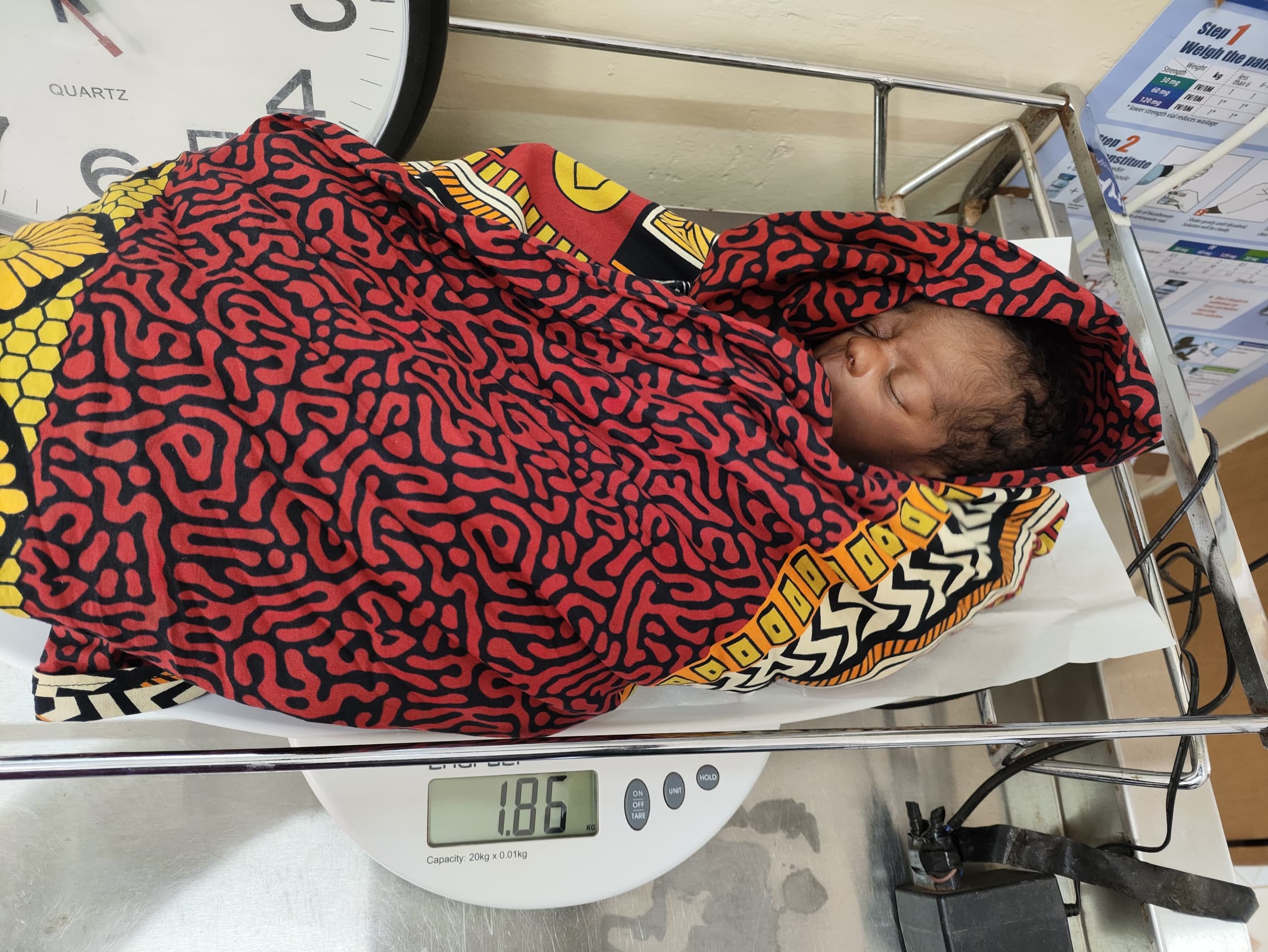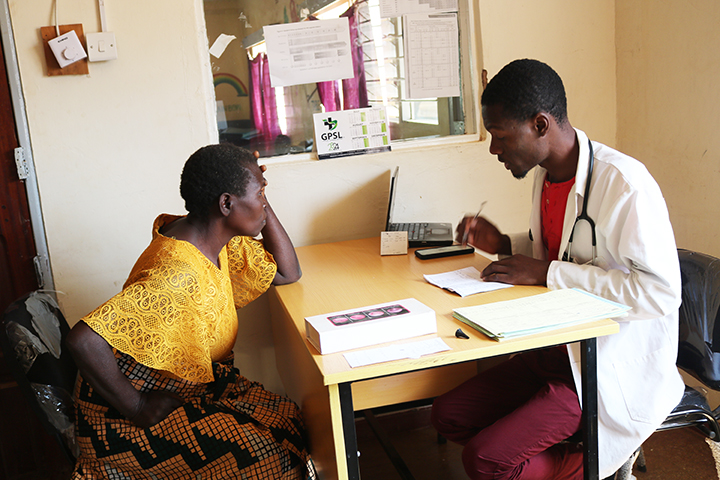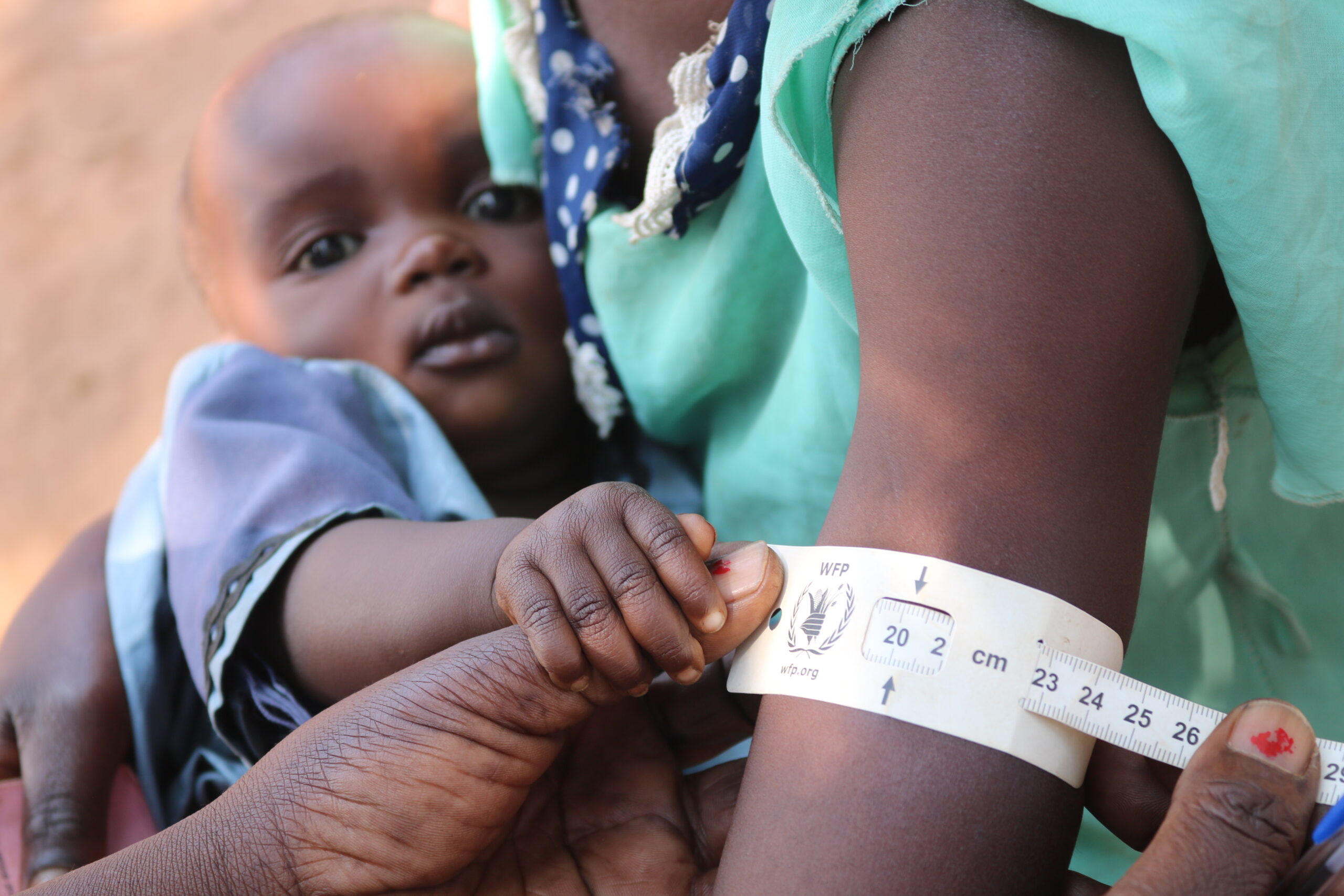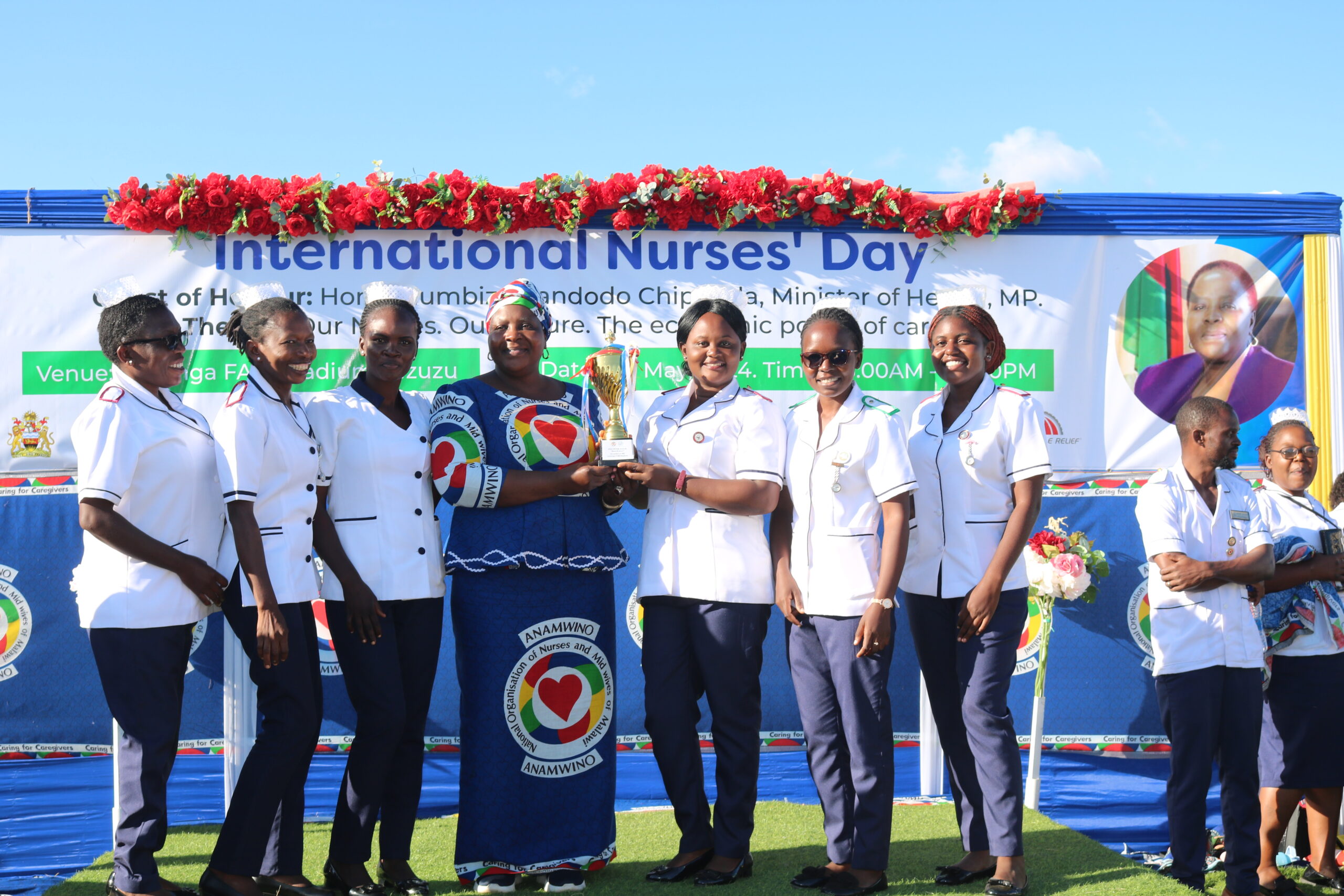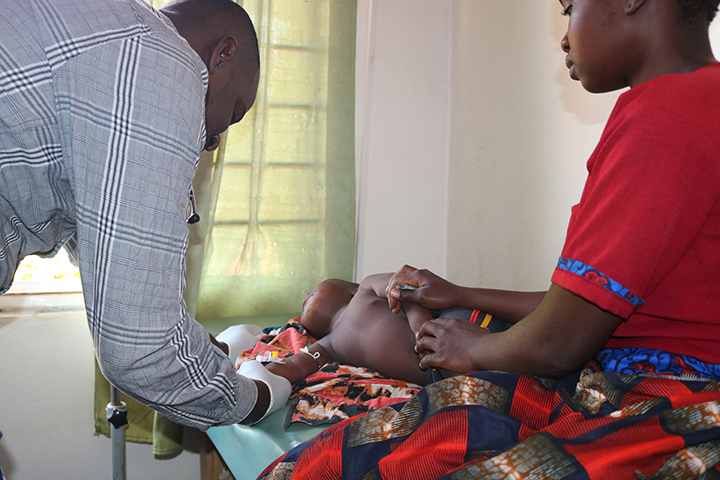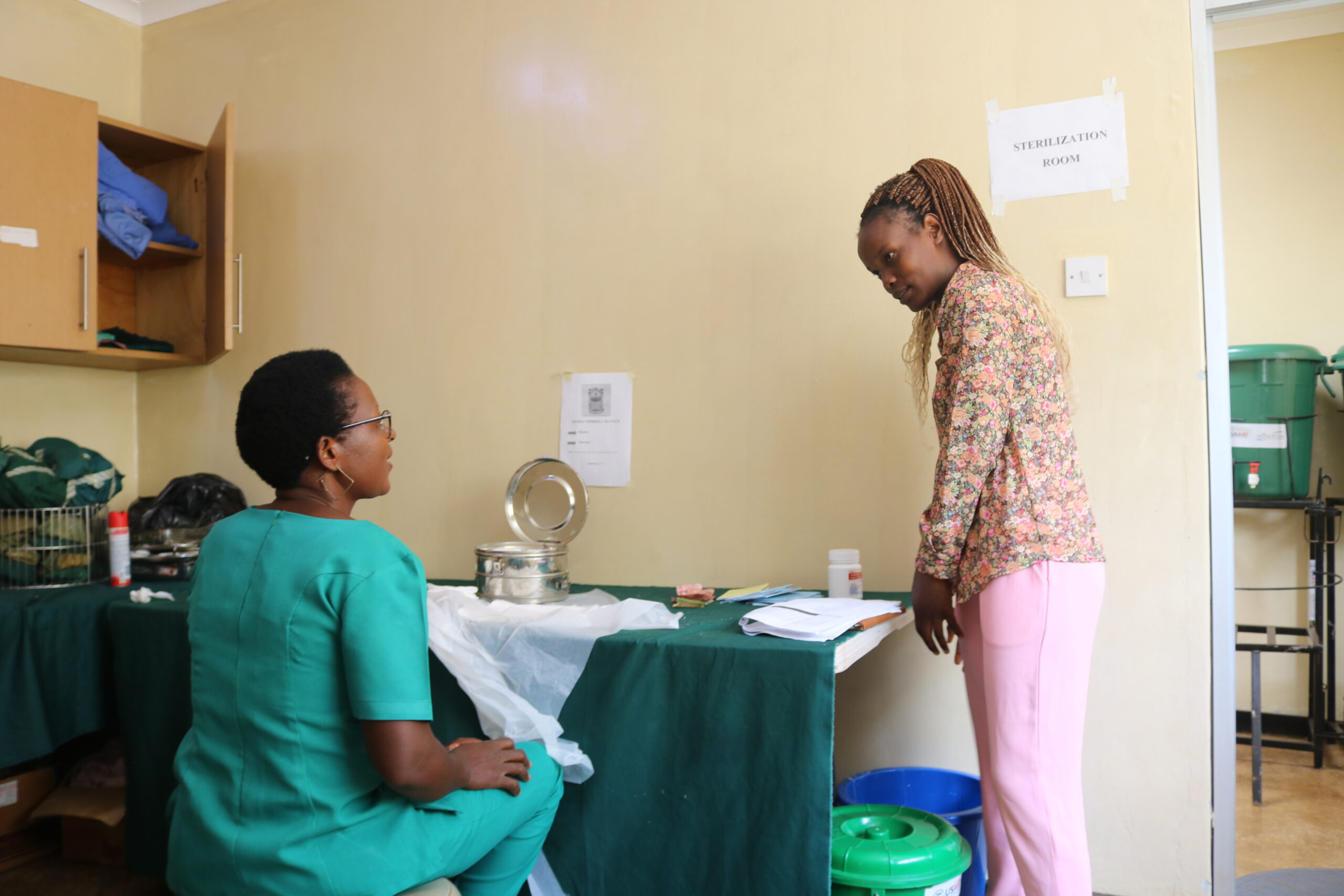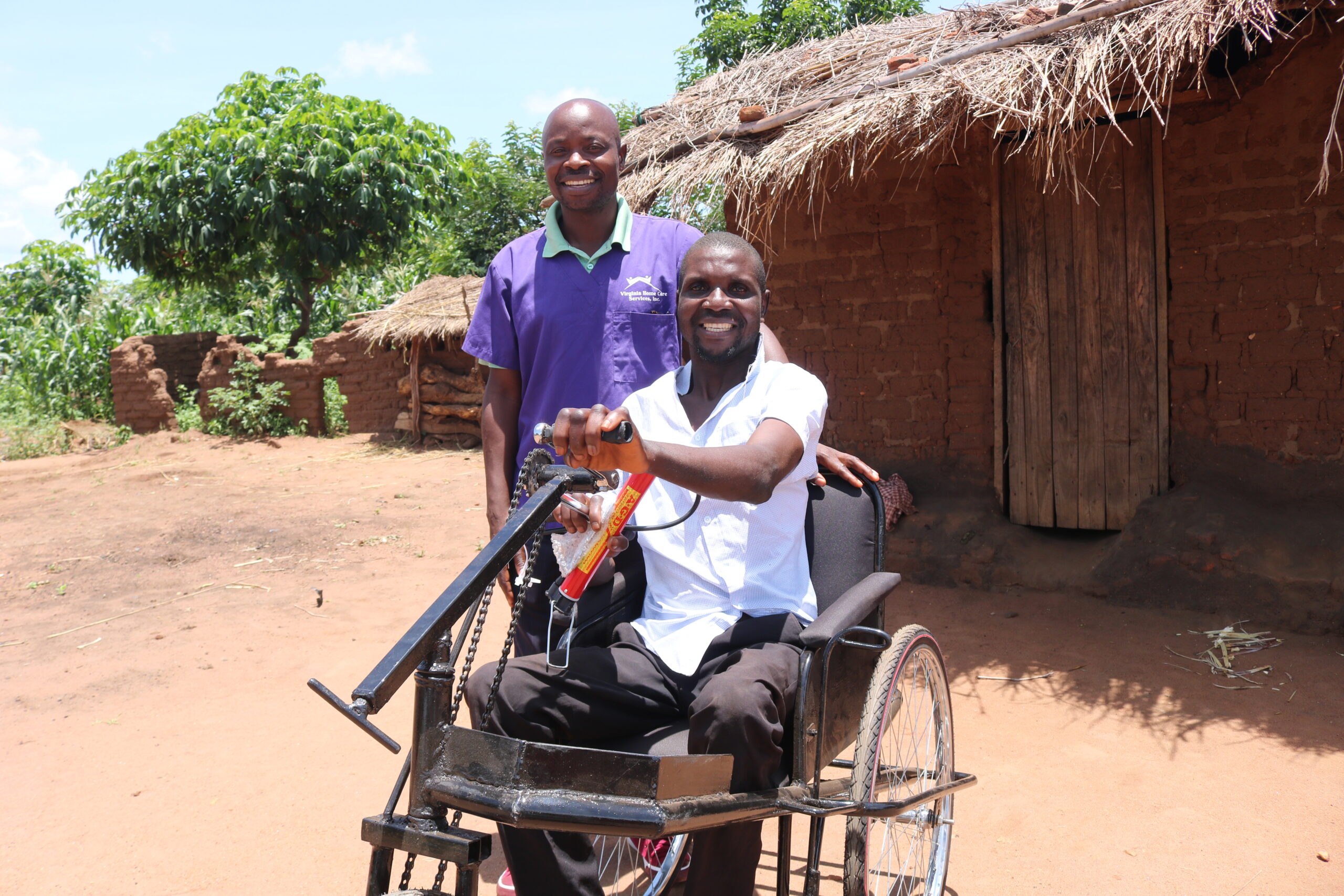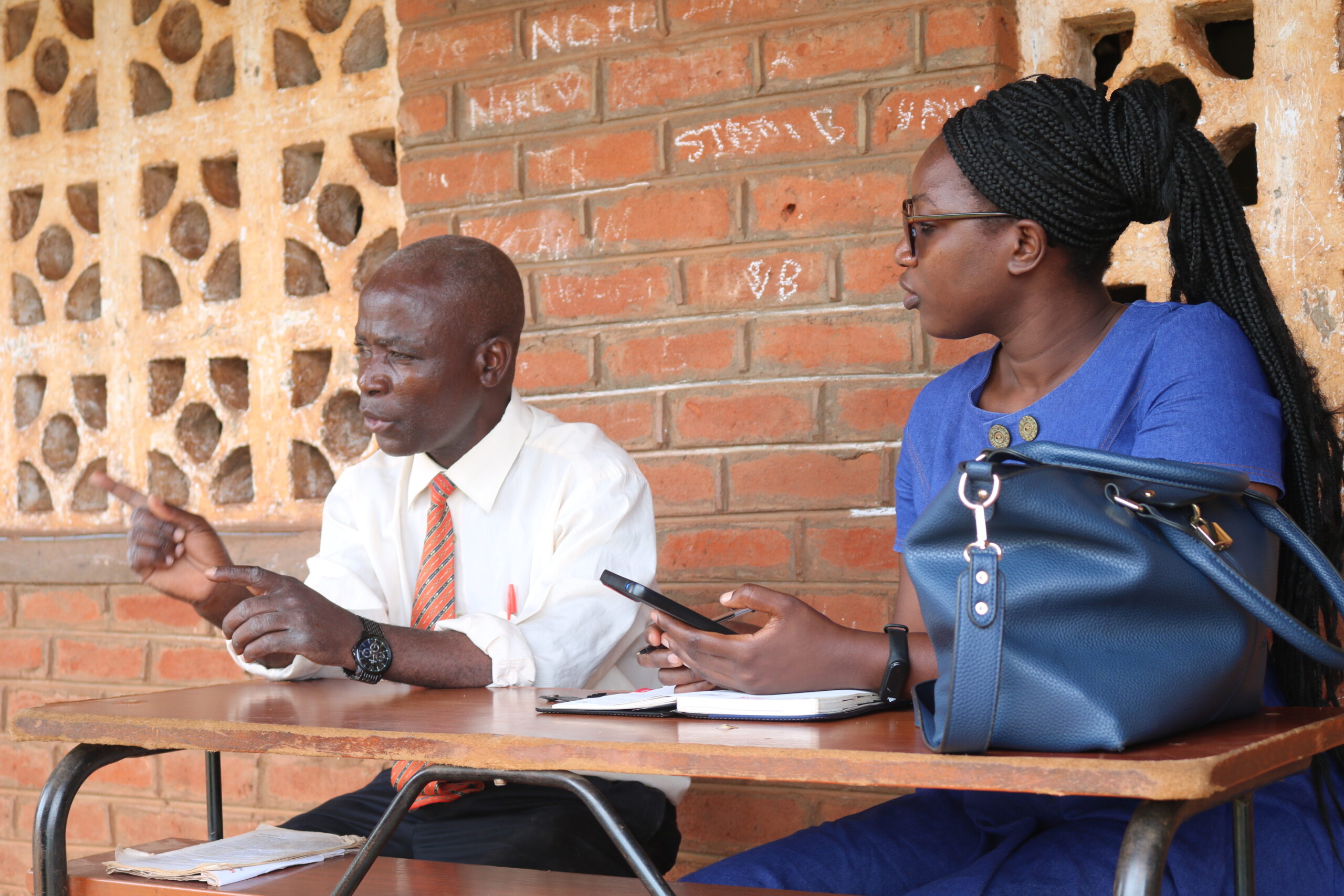At Orant, we recognise and value the critical role nutrition plays in human development and national economic development. We recognise that good nutrition is the backbone of a healthy community and its benefits extend beyond human health. Good nutrition is a contributing factor in reducing maternal and child health challenges, minimizing disease prevalence and promoting economic productivity.
When COVID-19 Arrived in Rural Malawi
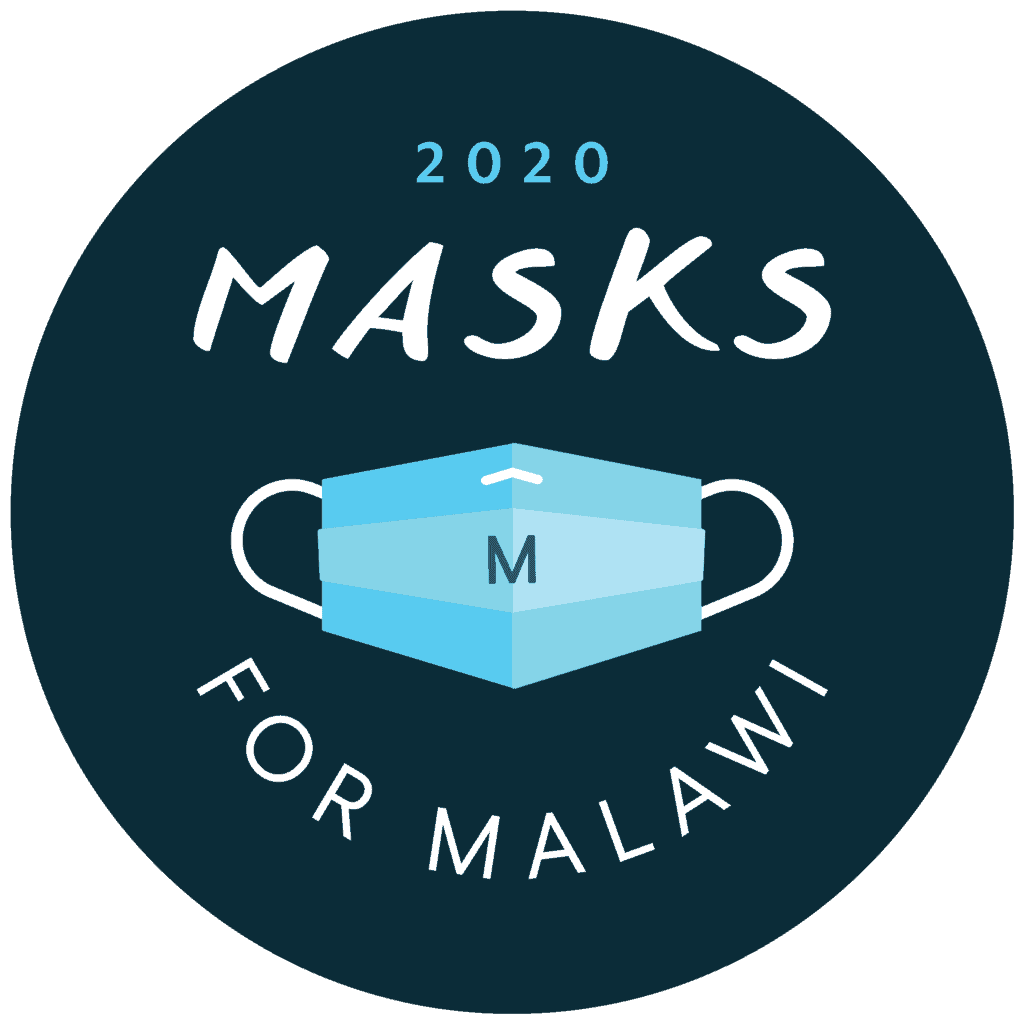

The Threat Approaching
Orant Charities Africa began preparing for coronavirus as soon as it caught word about the spread, but for a while the threat seemed far from home. Malawi was one of the last African countries to announce a case of coronavirus. Even then, its cases were contained to major cities like Lilongwe. Since Orant’s campus is more rural, its community felt safer and farther from the virus.
In July, the threat moved closer. One of Orant’s staff members started to feel unwell. For about a week, he suffered body fatigue, but no cough. The team assumed symptoms indicated malaria, but malaria tests came back negative. Orant asked the government to assist in coronavirus testing, and on July 23rd, the results came back.
“To see him test positive was a bit of a blow,” said Gabriel Kapanda, Country Director of Orant. “Almost everyone was in contact with him.”
Soon after, one other staff member tested positive. Both staff members self-quarantined in their campus houses, and took home remedies like ginger, fruits, and vitamins. Orant provided them with groceries, supplies, and support. Since they didn’t leave their respective houses, Orant hoped they wouldn’t spread the virus further. Luckily, they didn’t.
Orant invited a fumigation and disinfection specialist to thoroughly clean the campus with chlorine. Clinicians took a week off from seeing patients. Kapanda expressed concern about how cases like this might affect campus operations. The people in the Dowa District rely on Kasese Health Center to treat their medical needs.
A Larger Impact
The threat of coronavirus on campus doesn’t only affect operations, it also affects the budget. The government of Malawi is short on tests, which means organizations like Orant must buy tests from private centers. One test costs 50,000 kwacha, which is about $70 US dollars. If the virus were to spread farther in Orant’s catchment area, the cost of testing could consume a significant amount of money intended for other vital programs.
Orant implemented clinic shifts to keep all employees from working at the same time. In addition, Orant encouraged employees to refrain from socializing outside of work. On campus, protections had been in place for a while, but after positive test results, they felt more imperative than ever. All employees and patients were and are required to wear masks. Until September 1st, Orant cancelled mobile clinics and limited agricultural visits. Still now, though things are slowly returning back to a new normal, whatever business can be done remotely will be.
Remote work was a shift in the norm for Orant, as the majority of staff live on campus. Staff was used to seeing each other frequently and being involved in each other’s lives and work. The team has adapted to the situation, limited social contact, and communicated through emails and phones as much as possible.
Since July, no more of Orant’s staff has fallen ill.
“We thank God that he’s keeping us safe,” said Kapanda. “No one has died from Covid-19 in our catchment area and we’re still assisting patients. Our donors have been very supportive during this time, and we’re grateful that they have shared what little they have.”
Learn more about OCA’s plan to fight coronavirus here.
Stories From The Field
How the Mobile Outreach Clinics Operate
For years, our Healthcare program has been making waves in rural Kasese with our Kasese Health Centre and our two Mobile Outreach Clinics, operating in parts of Dowa and Kasungu districts. But have you ever wondered how our Mobile Clinics operate? In our today's blog article, we are shedding more light on what Mobile Outreach Clinics are and how they operate. Visit the link below to learn more.
Celebrating World Breastfeeding Week
Every year, the first week of August is dedicated to World Breastfeeding Week. The goal is to highlight the importance of breastfeeding, to encourage and promote breastfeeding and to improve the health of babies and mothers all around the globe. The theme for 2024 Breastfeeding Week is Closing the Gap: Breastfeeding Support for All, which aims at celebrating breastfeeding mothers in all their diversity, throughout their breastfeeding journeys, while showcasing the ways families, societies, communities and health workers can have the back of every breastfeeding mother. In today’s blog, we are sharing Malita Yohane’s breastfeeding journey and how it has been a game changer for her son Benjamin Kambambe who was born prematurely.
Breaking the Chains of Noncommunicable Diseases in Malawi
Imagine a world where noncommunicable diseases no longer hold people back from living the fullest of their lives. A world where quality healthcare services are accessible to all, regardless of socioeconomic status or geographical location. This is what our Healthcare program envisions. Read our latest to learn more about noncommunicable diseases and what our healthcare program is doing to free communities around our Kasese catchment area from the grip of such diseases.
Our Healthcare team is dedicated to improving the overall well-being of people. As part of this effort, this week we are conducting a nutritional assessment to all children aged from 6 months to 59 months and pregnant and lactating mothers in our catchment area. In this week’s blog post, we will explore the importance of this initiative and how it will benefit our community.
Celebrating Nurses: Unsung Heroes of Healthcare
On May 12, 2024, we celebrated International Nurses Day, a special occasion aimed at celebrating and recognizing this noble profession. During the occasion, we were also thrilled to have been recognized as the Best Nurses in the Central East zone of the National Organisation of Nurses and Midwives of Malawi (NONM)! Read today’s blog article to learn more about what this means to our team.
World Malaria Day 2024
Every year on the 25th of April, the whole world commemorates World Malaria Day, which is aimed at highlighting the need for continued effort in malaria control and prevention.
Improving Healthcare Services through Quality of Care Assessment
Last week, we were visited by the quality of care assessment team from Dowa District hospital. Read today's blog post to learn about how this exercise is important to us and the community we serve.
New Wheels from Orant’s Healthcare Program
We are always happy when our support brings a smile on peoples faces and changes their lives. In this week’s blog article, we are talking to Andrea Mwale, a 41 year old man from Chapuwala village in Kasese. Andrea shares his gratitude towards the support that our Healthcare program has recently provided to him.
School Surveys Lead to Better Learning Outcomes
Data is one of the most important tools in all our programs as it helps us measure whether our programs are making an impact or when it’s time for change. For the past three weeks, our Education program has been surveying schools in our catchment area. Check out today’s blog to learn more about how this survey is going to contribute to our Education program.
